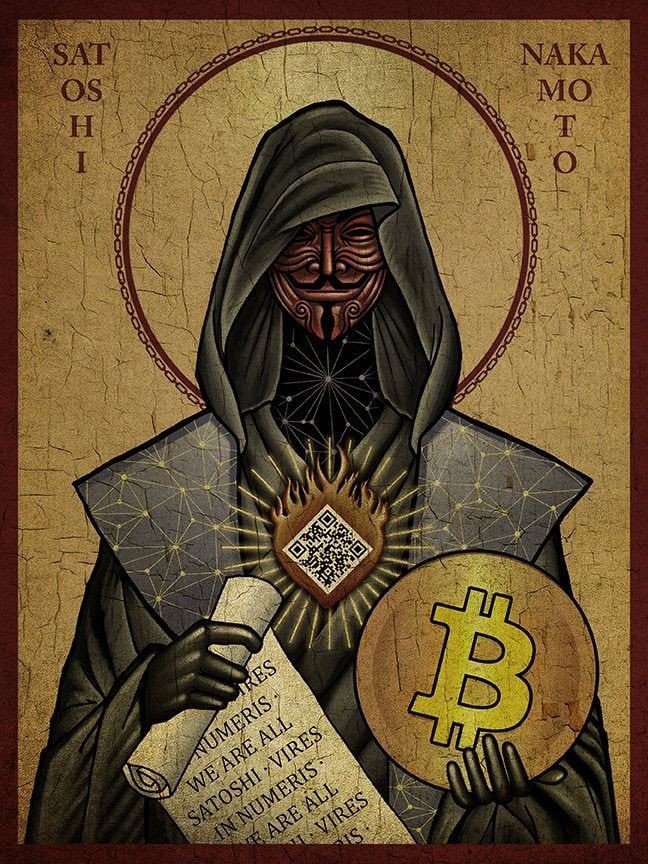
Bitcoin (BTC) has a very interesting story in its short history. Launched in 2009 by a person or group using the pseudonym Satoshi Nakamoto, Bitcoin was the first cryptocurrency to utilize blockchain technology to create a decentralized payment system.
Initially, Bitcoin was often seen as an interesting technological experiment, but not many people paid attention to it. However, as time went by, interest in Bitcoin began to increase, especially after several global financial crises such as the 2008 financial crisis, which fueled distrust in the traditional financial system.

One of the interesting features of Bitcoin is that the supply of the currency is limited to 21 million coins, which raises concerns of excessive inflation that often occurs with fiat currencies. This creates high demand and increases the value of Bitcoin over time.
Additionally, Bitcoin also enables the transfer of value without intermediaries, allowing users to send money directly to each other without the involvement of traditional financial institutions. This makes Bitcoin a popular tool for international transactions, especially in countries with less developed financial infrastructure.

However, Bitcoin has also faced criticism, including concerns about security, high price volatility, its use in illegal activities, and the environmental impact of Bitcoin's energy-intensive mining process.
Despite this, Bitcoin remains the world's largest and most recognized cryptocurrency, and continues to be the subject of research, discussion and debate around the world.
Like